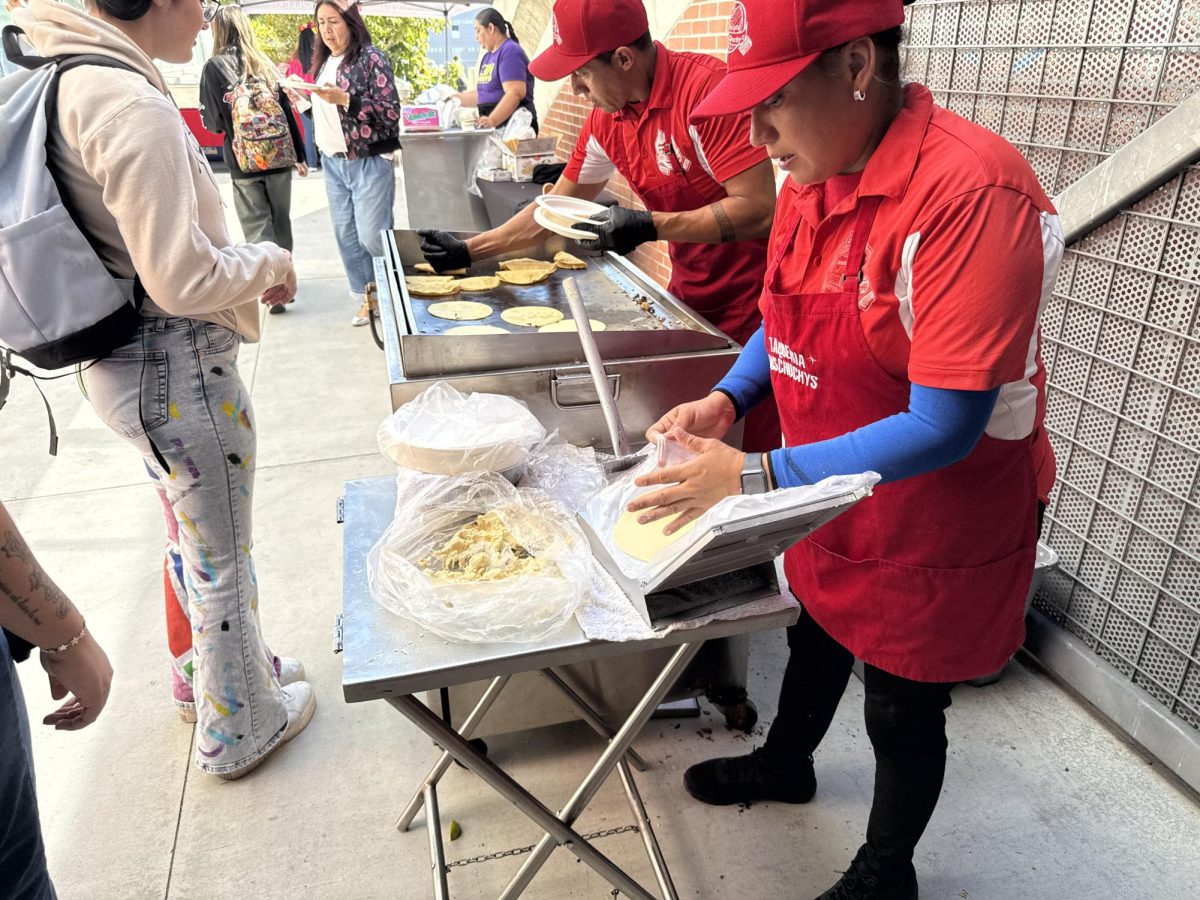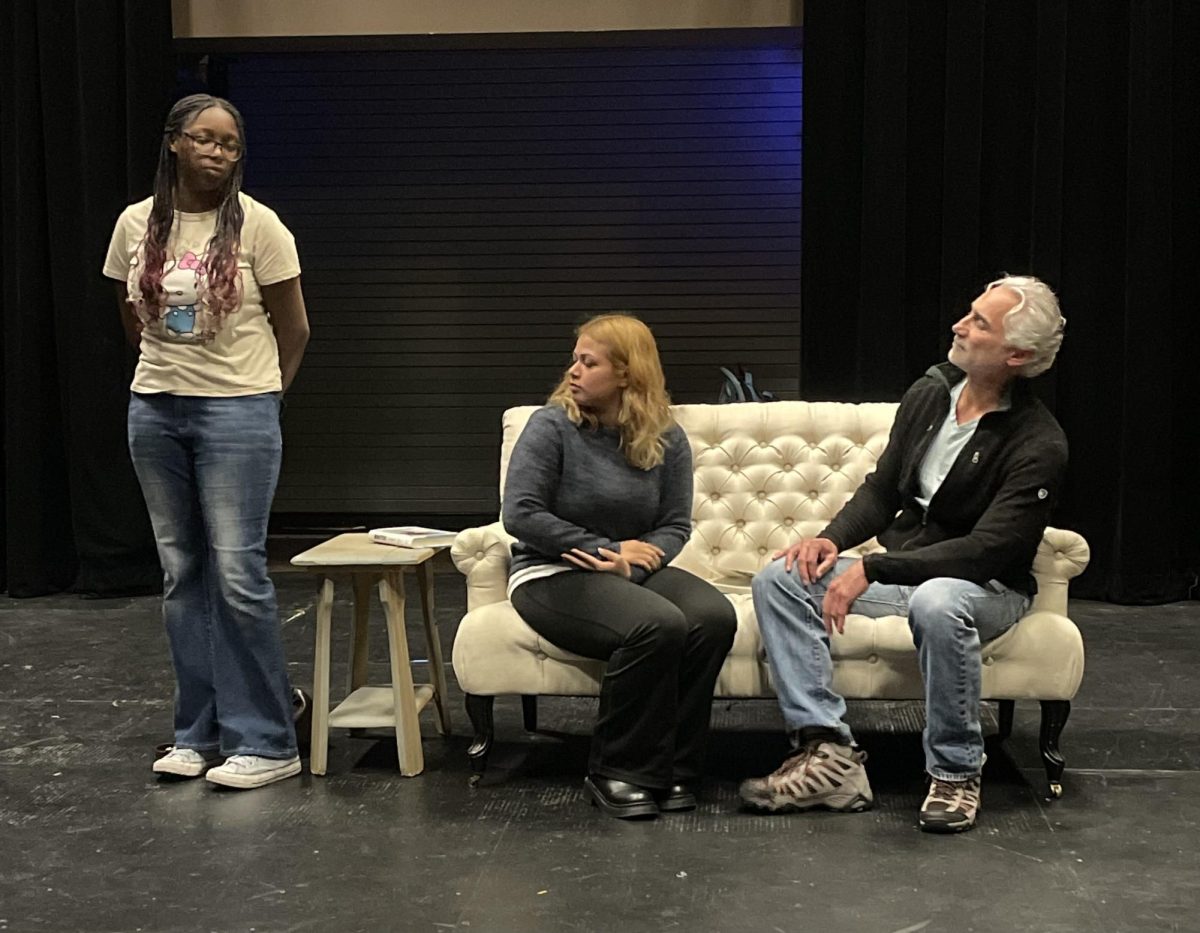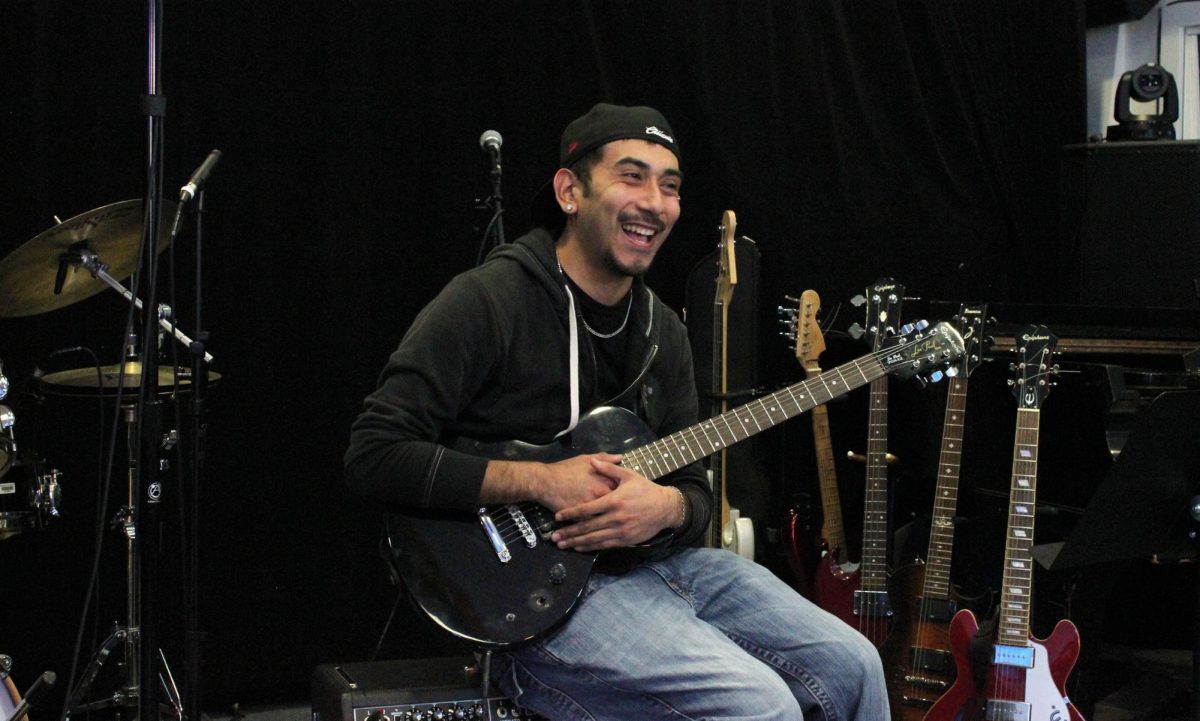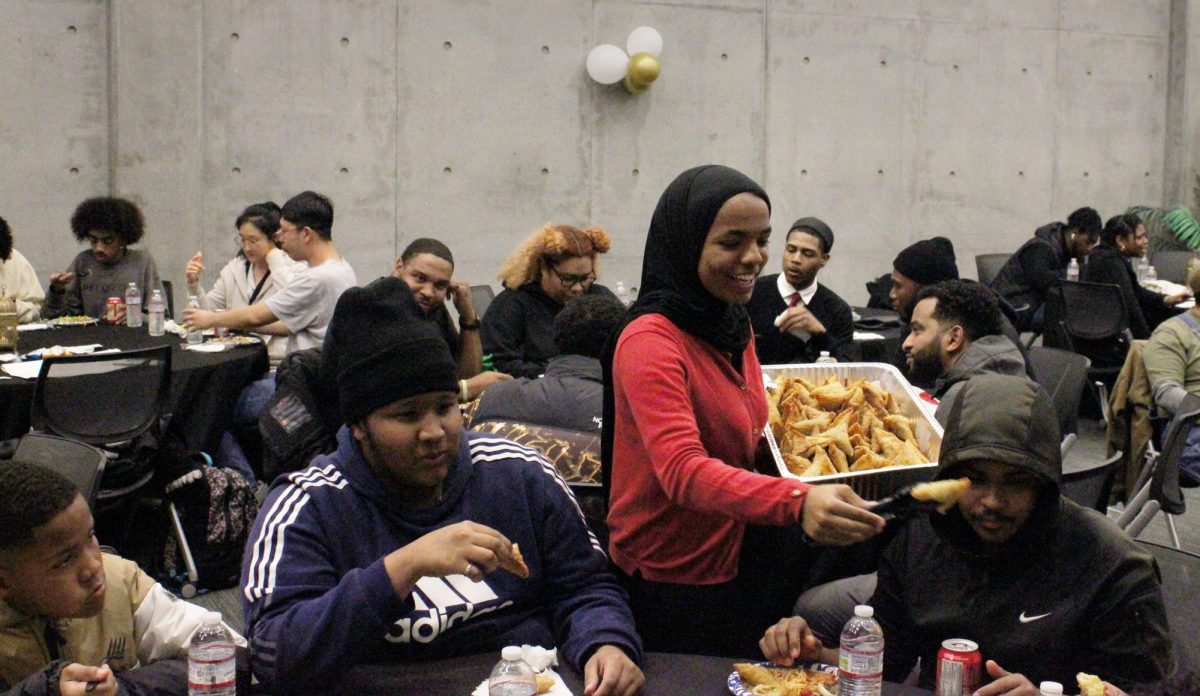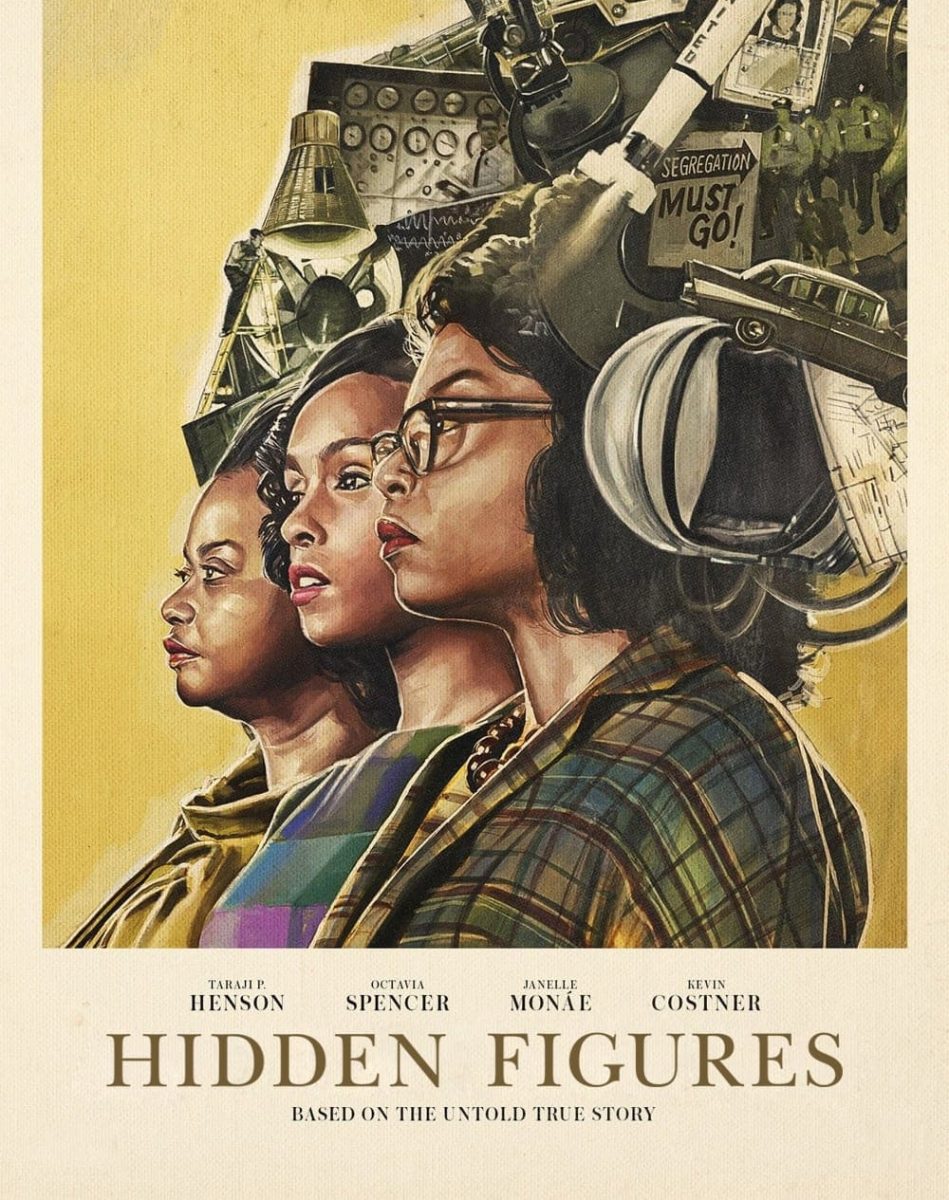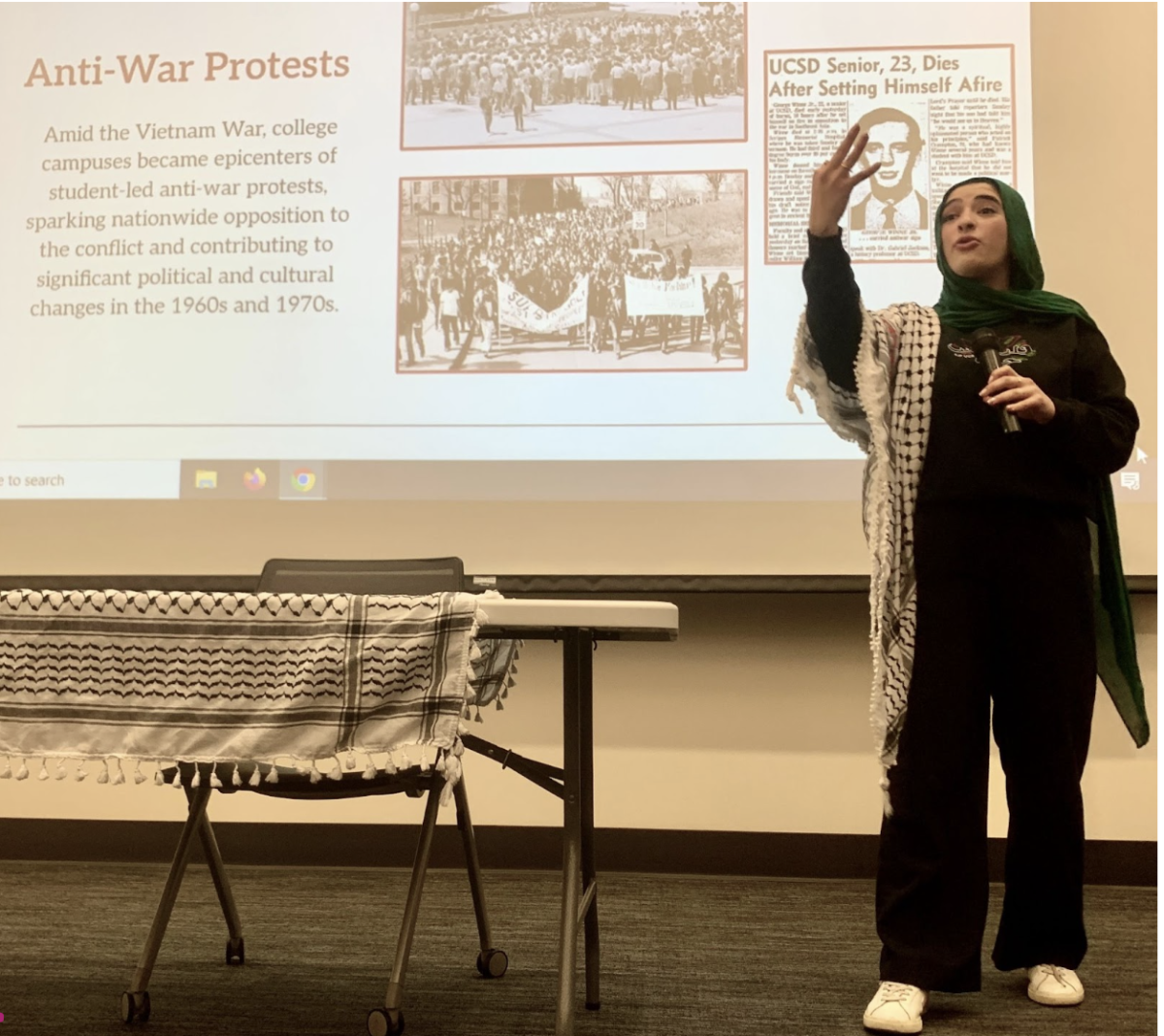On March 26 filmmaker John Valdez came to City College and held a screening of a part five PBS documentary “Latino Americans” as part of the World Cultures program to show the history of the Chicano movement in America.
“Latino Americans” is a documentary series exploring the history and experiences of Latinos across the United States. The series focuses on the formation of their identity as Mexican Americans or Chicanos, the recognition and pride devoted to their heritage and empowerment to create social and political change.
Episode five of the series, titled “Prejudice and Pride,” discusses and highlights the emerging forces behind the different Chicano movements that happened during the 1960s and 70s.
“Over time when you are not included in the narrative, that history of America a lot of people began to think you are not part of America that you don’t belong,” said John Valdez said of the documentary series.
Before Cesar Chavez and the dissemination of the Chicano movement across several states in the country, Mexican Americans did not have a sense of pride and cultural Identity; moreover, many of them felt like foreigners in their homeland and experience segregation or derelict.
In California, Cesar Chávez and Dolores Huerta organized a union and fought for field workers rights that included getting higher wages, better working conditions and banning child labor. They organized strikes for several years, marched from Delano to Sacramento and boycotted grape landowners until they got the first farmer workers contract in America.
Chávez, as a more faithful Latino icon from a Mexican Americans stand point, was a watershed of the self-hatred mindset among Latinos from their culture and common appearance.
Salvador Castro, a high school teacher, was the orchestrator behind the massive student walkout of 1968. Thousands of Mexican American students participated. The students demanded education quality, ethnic studies, and more Latino teachers. They accomplished their demands and it positively changed the numbers of dropouts and graduations rates among them.
Castro cultivated pride on his students heritage and germinated the seed of their self identity. The students came with a new “Chicano,” a derivation of the indigenous word Mexica or more historically known as Aztecs.
Moctesuma Esparza affirmed “He made me feel like loving Mexican culture and our own heritage was actually cool, and that was both unsettling and revolutionary and and exiting.”
In Texas, José Ángel Gutierrez also organized walkouts, but he went even further when he realized that real change had to be made at a political level. He and his supporters created an ethnic political party called “Raza Unida,” postulated 16 candidates in three counties and went on to won 15 seats in their political arena. There were more “Brown” faces representing Mexican Americans communities.
During the 70s, Willy Velázquez organized a movement dedicated register Latino voters to create political power. When he realized the electoral districts were divided in such a way they would be able to win. Velásquez filed complaints and voting rights lawsuits which helped to change the election system, and later on, their candidates started to become elected.
These and other movements were the ones who helped shaped Chicano identity, and Mexicans Americans no longer felt as outsiders but Chicano and American Citizens.
John Valdez recognized he did not had a broad knowledge on Chicano History, and did a search and found there was no much information about Latinos, and in his mind.
“We-Latinos- were not part of the civil right movement nor participate on democracy, said Valdez. “The documentary belong to Latino white, Asians…and that what we saw it is not only Latino history but American history.”
For more information on the documentary, including watching this and other episodes, visit http://www.pbs.org/latino-americans/en/.


